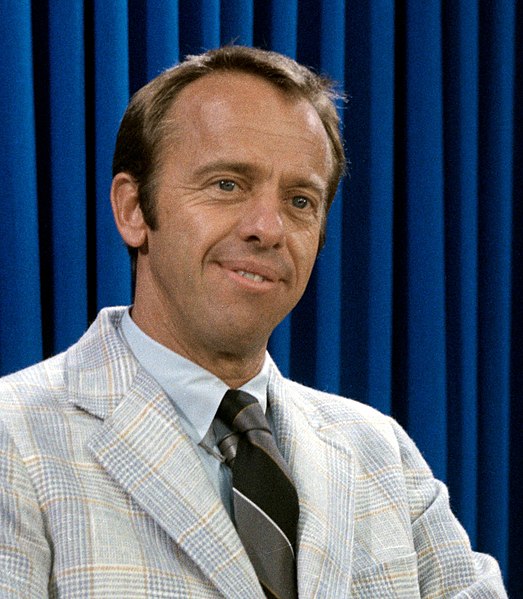From Letters of Note:
Exactly fifty years ago, on May 5th of 1961, Alan Shepard became the second person — and first American — to enter space, just three weeks after Yuri Gagarin orbited Earth. The following amazing letter was written by Shepard to his parents two years previous, and marks the very first announcement of his plans to volunteer for the "Man in Space" program. In fact the very same day, just hours after penning it, Shepard and a group of other specially selected pilots travelled to Washington, where they were briefed about Project Mercury by NASA for the first time.
He was chosen as one of the Mercury Seven just over two months later, at which point he began the training that would ultimately see him take the Freedom 7 spacecraft to an altitude of 187 kilometres.
Transcript
1/29/59
Dear Mother and Daddy —
Thanks so much for your recent note, Daddy. I appreciate also you sharing the commission on my insurance premium.
We are enjoying our time here very much and like the new addition to our house. It makes it much more livable. Room for guests — so come on down!
Present plans are to be up for Ann's wedding in April. No details as yet but will keep you posted.
I am driving to Washington this afternoon for a briefing and for consideration in the "Man in Space" program. I am letting you know right away since I am not sure how much publicity or press releases will be involved. Basically, about 100 of the country's top pilots have been selected to go to Washington to be briefed on the plans for putting a man in space some time during 1961. We are to be given a chance to volunteer for or reject the opportunity after the briefing. Thereafter, all volunteers will go through a rigorous elimination process until a handful are selected. The entire program of space travel is a fascinating subject and I'm very pleased to be associated with it!
I assure you that I will analyze the entire picture based upon my past flight experience. I intend to do it very carefully of course — and will most certainly volunteer for it. There is no reason for expression of fear but merely gratitude to be considered for this very important contribution to science and the country. Will keep you posted.
Please make no announcements or statements at this time should the occasion arise or even if it doesn't arise!
My love to you both —
Alan
Taken from Letters of Note
America's first manned space mission lasted just 15 minutes and 22 seconds. The Mercury spacecraft, manned by Alan B. Shepard Jr., reached an altitude of 116 miles and a speed of 5180 miles per hour. Shepard arrived back safely 302 miles from Cape Canaveral. But America was still behind in the space race. Shepard only briefly hopped into space, but Soviet cosmonaut Yuri Gagarin had already made a full orbit of the earth in the Vostok 1.
Alan B. Shepard, Jr., on the U.S. Navy carrier Champlain, Freedom 7 Spacecraft in the background, after completing the first manned suborbital spaceflight. JSC/NASA
Shepard became the fifth person to walk on the Moon.
Shepard in 1970.
Shepard raises the American flag on the Moon during Apollo 14
John F. Kennedy congratulates Alan Shepard. Neat video!
Rear Admiral,U.S.Navy, Ret. Shepard's memorial stone in Derry, New Hampshire; his ashes were scattered at sea.







No comments:
Post a Comment